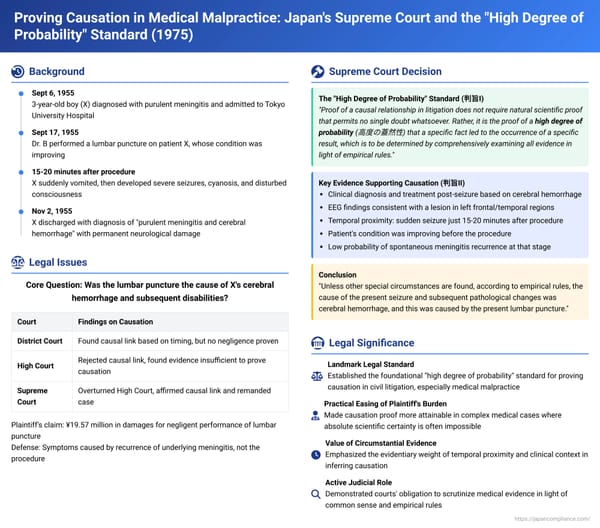In the complex web of commercial and personal dealings, situations inevitably arise where one party gains a benefit at the expense of another, and the retention of that benefit seems, fundamentally, unfair. Japanese law, like most developed legal systems, addresses such scenarios through the doctrine of "unjust enrichment,"
